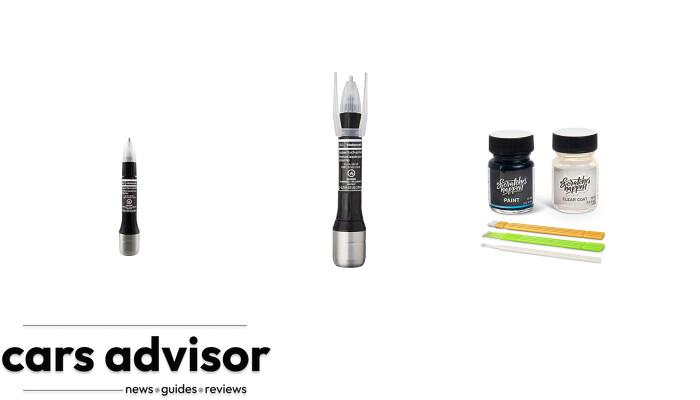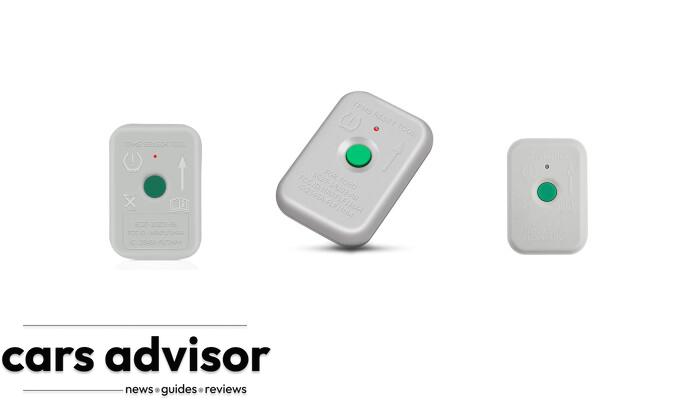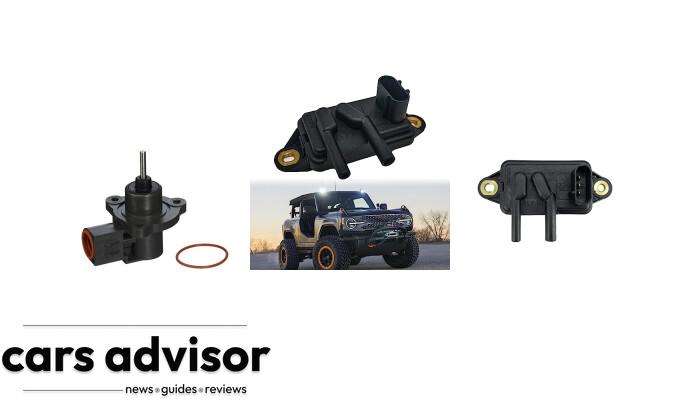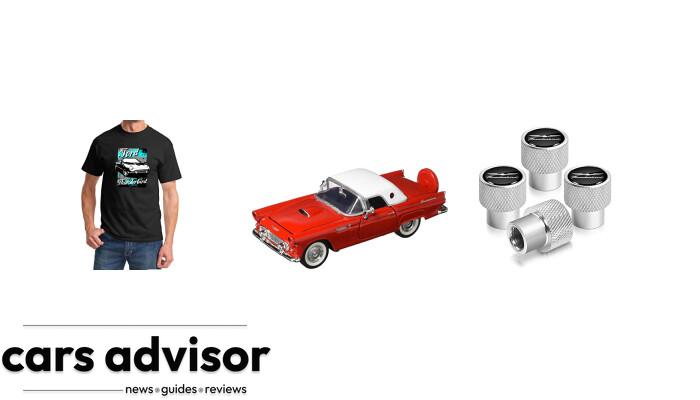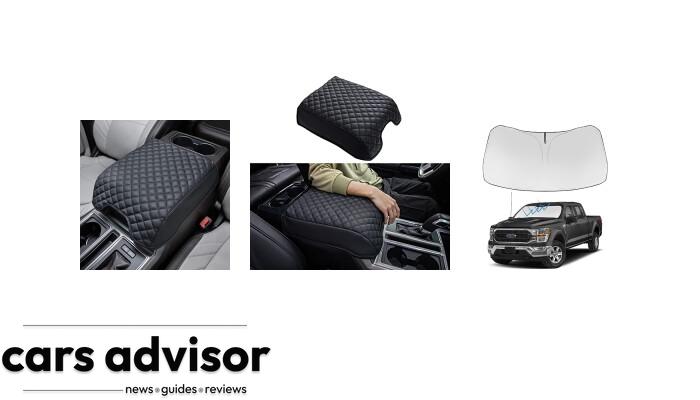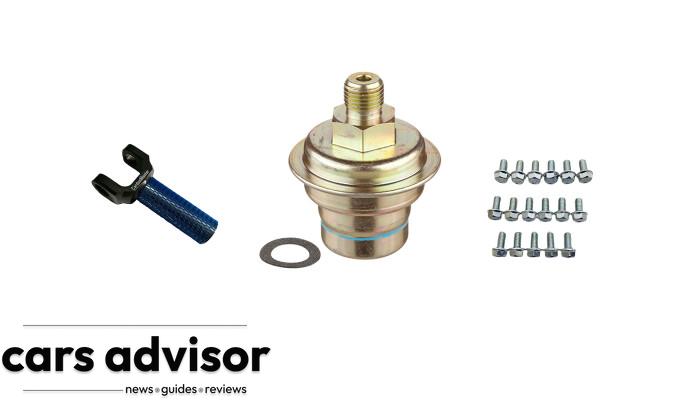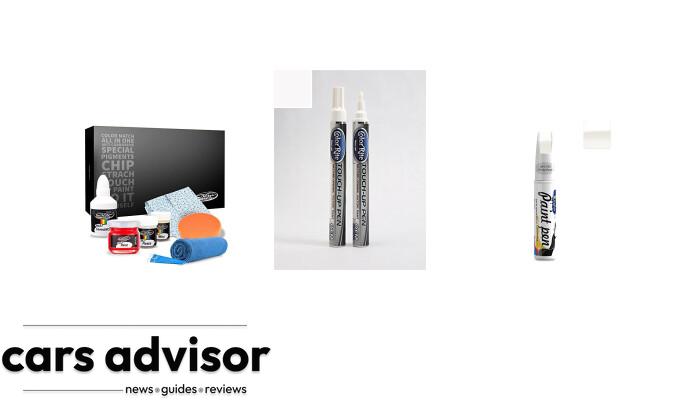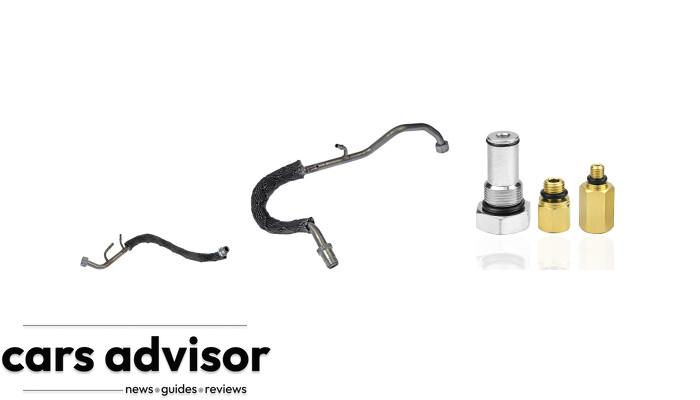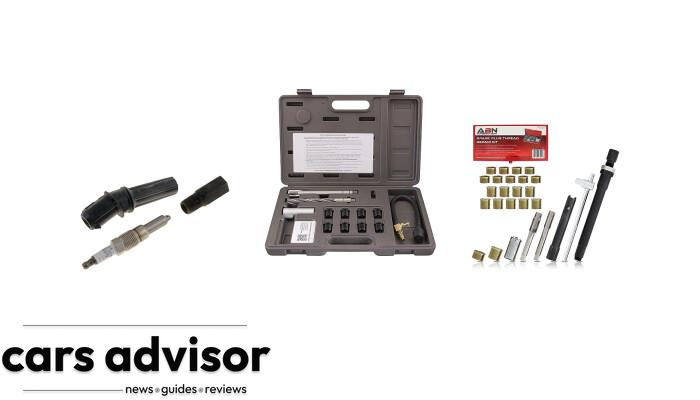Buying A Car With Cash
Paying for a car with cash is when the entire purchase price of the vehicle is paid upfront in bills or coins. This type of payment does not involve any credit cards, loans, checks, or other forms of payment. It’s an all-cash transaction that occurs between the buyer and seller. Cash payments are considered to be more convenient since there’s no need to wait for funds to clear from banks or lenders before completing the purchase. However, it’s important to note that buying a car with cash may have some potential drawbacks as well. Transitioning into the next section – Advantages of paying for a car in cash – it can offer many benefits because buyers don’t have to worry about making loan payments over time or dealing with interest rates on financing options.Advantages Of Paying For A Car In Cash
Do you remember when your parents taught you to save up for something special? Purchasing a car with cash is like taking that same lesson and running with it. Paying in cash has its advantages, as there are benefits associated with making such a payment. Cash payments can be beneficial because they allow the buyer to take advantage of savings opportunities. For instance, many dealerships will offer discounts on cars if the full amount is paid at purchase time. Not only does this provide an opportunity for buyers to get their desired vehicle at a reduced cost, but it also prevents them from incurring interest charges due to financing terms. Additionally, buying a car with cash eliminates any worries about having insufficient funds available when payments become due each month – allowing peace of mind when it comes to budgeting. Perhaps most importantly though, paying in cash can help boost confidence in knowing that the car ownership process was completed without entering into debt or relying on credit scores. Ultimately, these considerations make purchasing a car with cash an attractive option for those looking to invest in reliable transportation without sacrificing financial security.Disadvantages Of Purchasing A Car With Cash
Buying a car with cash can have certain drawbacks. Here are some of the risks and limitations associated with this transaction:- Cash payment risks include not having any legal proof that you paid for the vehicle or if it is stolen later on.
- Cash payment drawbacks also include being scammed by someone who could take your money without providing a title to the vehicle.
- Avoiding scams when paying cash means being extra vigilant about researching the seller, verifying their identity, and making sure all documents are accounted for before handing over money.
- Cash payment security may be an issue as there is no way to trace where it goes after leaving your hands.
- Lastly, cash payments limit negotiation power since sellers tend to prefer other forms of payment such as credit cards or checks which offer more protection. These possible negatives need to be weighed against potential benefits in order to make an informed decision about whether buying a car with cash is right for you.
Reasons Why Someone Would Buy A Car With Cash
Buying a car with cash can be beneficial for many people. Cash payments give buyers the option to avoid loans and save money, as well as benefit from certain tax advantages. Additionally, paying in cash may provide buyers with anonymity since it doesn’t leave behind any traceable transaction records like credit card purchases do. Cash payments also make it easier for buyers to negotiate prices directly with sellers because they don’t have to worry about loan applications or interest rates being factored into the cost of their new car. This is especially helpful when buying a used vehicle where price negotiations are often necessary. Furthermore, if you’re able to pay for your entire purchase upfront, there’s no need to worry about taking out extra loans or putting down large deposits. In some cases, buying a car with cash can help you get more bang for your buck by allowing you to find better deals than those available through financing options. The lack of middlemen involved makes it much easier to secure a good deal on your next ride – one that fits both your budget and needs without breaking the bank. Plus, if you decide to resell the car later on, all proceeds will go back into your pocket instead of having them split between yourself and another lender.How To Determine The Value Of A Used Car
Want to know the value of a used car? It’s important info before you decide whether cash is the right payment method. Here are some steps to help determine what your used car is worth:| Step | Description | Benefit |
|---|---|---|
| Research & Compare | Look up prices for similar models and years online, or check in Kelley Blue Book. Also compare dealer pricing. This helps put the cost into perspective. | Knowing what other people paid will protect you from overpaying. |
| Appraisal & Inspection | Get an appraisal from a professional – like a mechanic – who can inspect the vehicle closely and tell you its true condition. A good mechanic will assess any potential issues that could affect the price. | You’ll have peace of mind knowing exactly how much money it’s worth, as well as any repairs needed now or down the road. |
Common Payment Methods For Used Cars
It’s not always suspicious to buy a car with cash. In fact, it can be quite common for buyers who don’t want to go through the hassle of getting financing or dealing with credit requirements. That said, there are several other payment methods available when purchasing a used car that should also be considered. Here is a list of 4 common payment methods when buying a car:- Cashier’s Check: A cashier’s check is issued by your bank and guaranteed up to its face value by them. This type of payment could make some sellers more comfortable as it reduces the risk of fraud compared to cash payments.
- Bank Transfer: Making an electronic transfer from one bank account to another allows you to instantly send money without having to wait for funds to clear like in a check transaction. Just remember that this method may come with fees so make sure you are aware ahead of time before completing any transactions online.
- Certified Funds: This type of payment includes money orders or travelers checks which have been certified by the issuing financial institution and require both signatures (yours and the seller’s) upon delivery for verification purposes.
- Debit Card: Most debit cards will work just like a credit card but instead pull funds directly from your checking account versus charging purchases on a line of credit like with traditional credit cards. It’s important to ensure you have sufficient funds prior to making any purchase using this method since overdraft fees can quickly add up if you overspend what is actually in your account balance!
Credit Requirements For Financing A Vehicle
In today’s world, cash is king. However, when it comes to buying a car, most people opt for financing due to the convenience and flexibility of loan terms. Before you consider taking out an auto loan, there are some credit requirements that must be met in order to qualify.| Minimum Credit Score | Loan Eligibility | Auto Loan Rate |
|---|---|---|
| 640+ | Good | Low |
| 600-639 | Fair | Medium |
| Below 599 | Poor | High |
Can You Buy a New Car with Cash if You Have a Low Credit Score?
When it comes to credit scores for buying new cars, having a low score can pose some challenges. While it’s possible to buy a new car with cash regardless of your credit score, financing options may be limited. Lenders typically consider credit scores before approving loans, so it’s advisable to improve your score or explore alternative financing options to ensure a smoother car-buying experience.
Registration And Insurance Requirements For Purchasing A Vehicle
Buying a car is an exciting experience. It’s important to understand the registration and insurance requirements for purchasing a vehicle. When you buy a new or used car, you must register it in your state within 30 days of purchase. You also need to get auto insurance that meets your state’s minimum liability coverage limits. This protects both parties in case anything happens with the car after the purchase. It is possible to buy a car with cash, but it can be suspicious if not done properly. Make sure all paperwork is complete and up-to-date when buying or selling a used car. You should also verify that the title matches the license plate number and VIN number so there are no potential issues down the road. Be sure to keep copies of all documents related to the sale as well as proof of payment for your records. That way, you have evidence that everything was above board if any questions arise later on about the transaction. Taking these extra precautions will ensure you have peace of mind when making a car purchase with cash.What To Look Out For When Buying Or Selling A Used Car
When buying or selling a used car, there are some key things to keep in mind. First and foremost, it’s important to get an inspection by a qualified mechanic. This will help you identify any potential problems with the vehicle before making a purchase or sale. Additionally, be sure to check for a car history report and verify that the odometer reading is accurate. It’s also important to consider auto safety features like airbags, seatbelts, tire pressure monitoring systems (TPMS), antilock braking systems (ABS) and other advanced driver assistance systems (ADAS). Make sure that all of these devices are working properly and come with the owner’s manual so you can understand how they work. These steps will ensure your safety when buying or selling a used car while giving you peace of mind knowing that everything is as advertised.Potential Legal Implications For Buying Or Selling A Vehicle With Cash
Buying or selling a car with cash can be an attractive option. Cash transactions are generally perceived as being beneficial for both the buyer and seller. However, there are potential legal implications that should be considered when making such a purchase. Here is a list of key points to consider when buying or selling a vehicle with cash:- Make sure all paperwork required by your state’s department of motor vehicles (DMV) is completed correctly.
- Have the used vehicle inspected before purchasing it so you know what kind of condition it’s in.
- Insist on only using cash payment if this is how you want to pay for the car – don’t let someone pressure you into using another method of payment.








